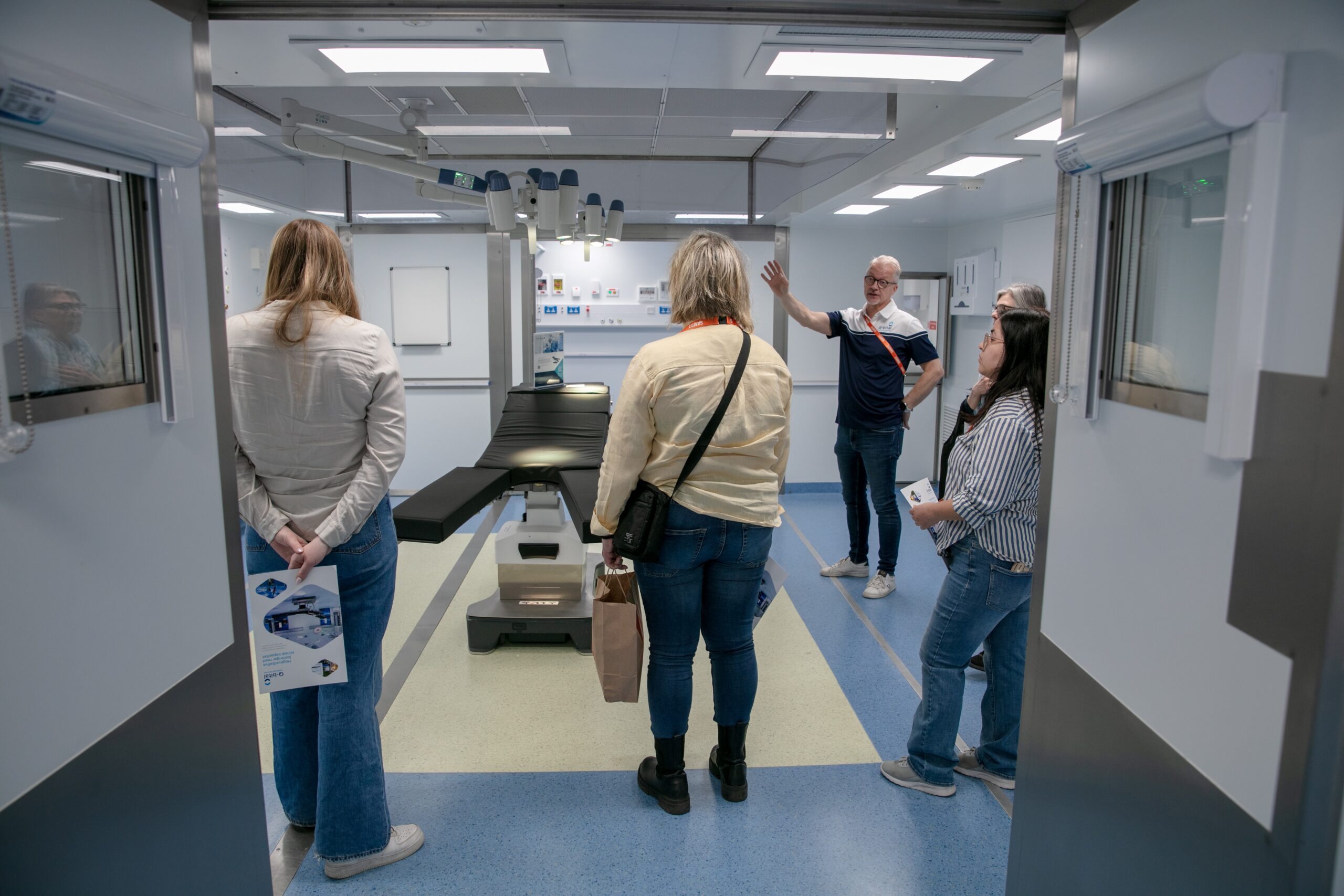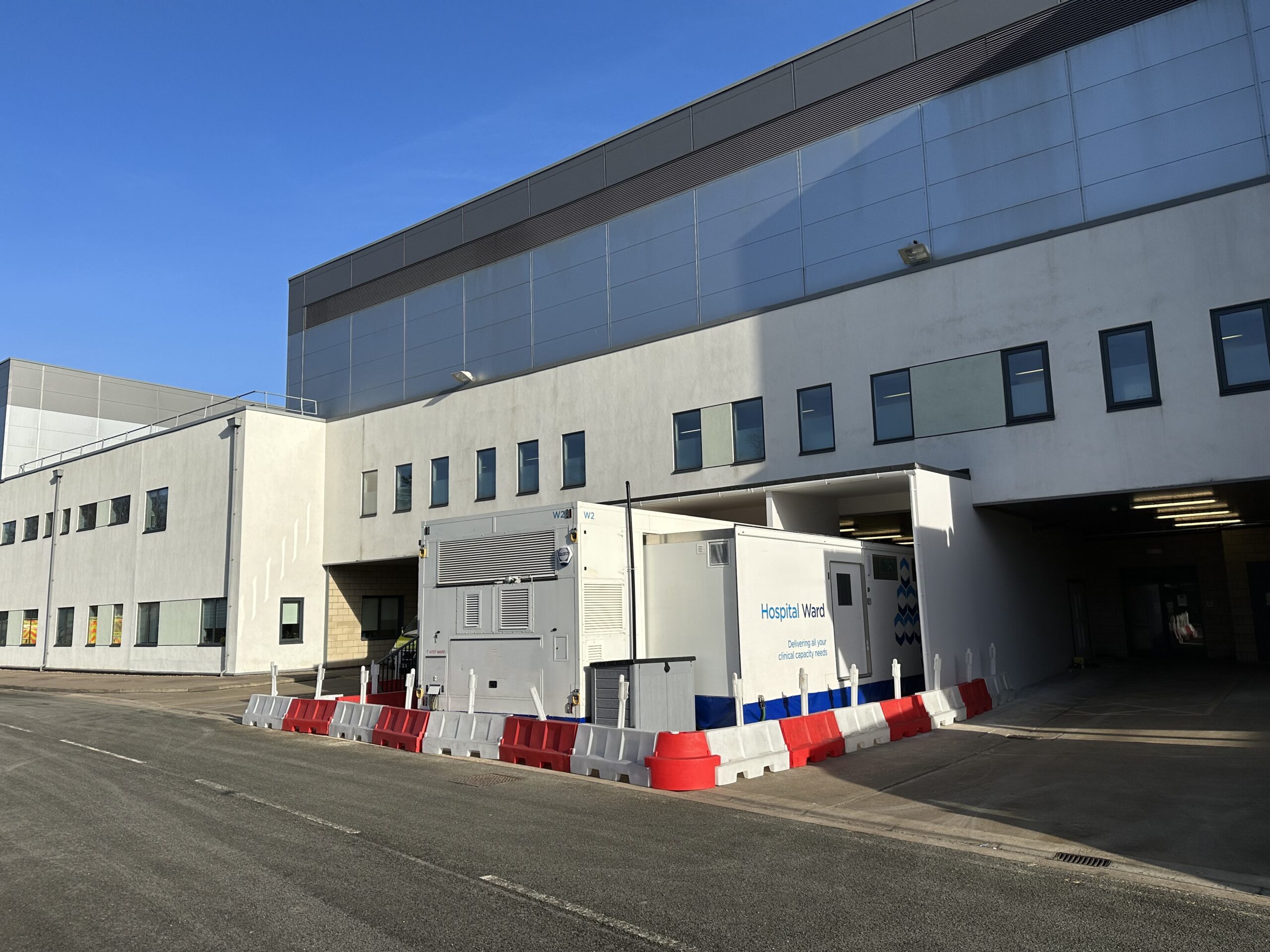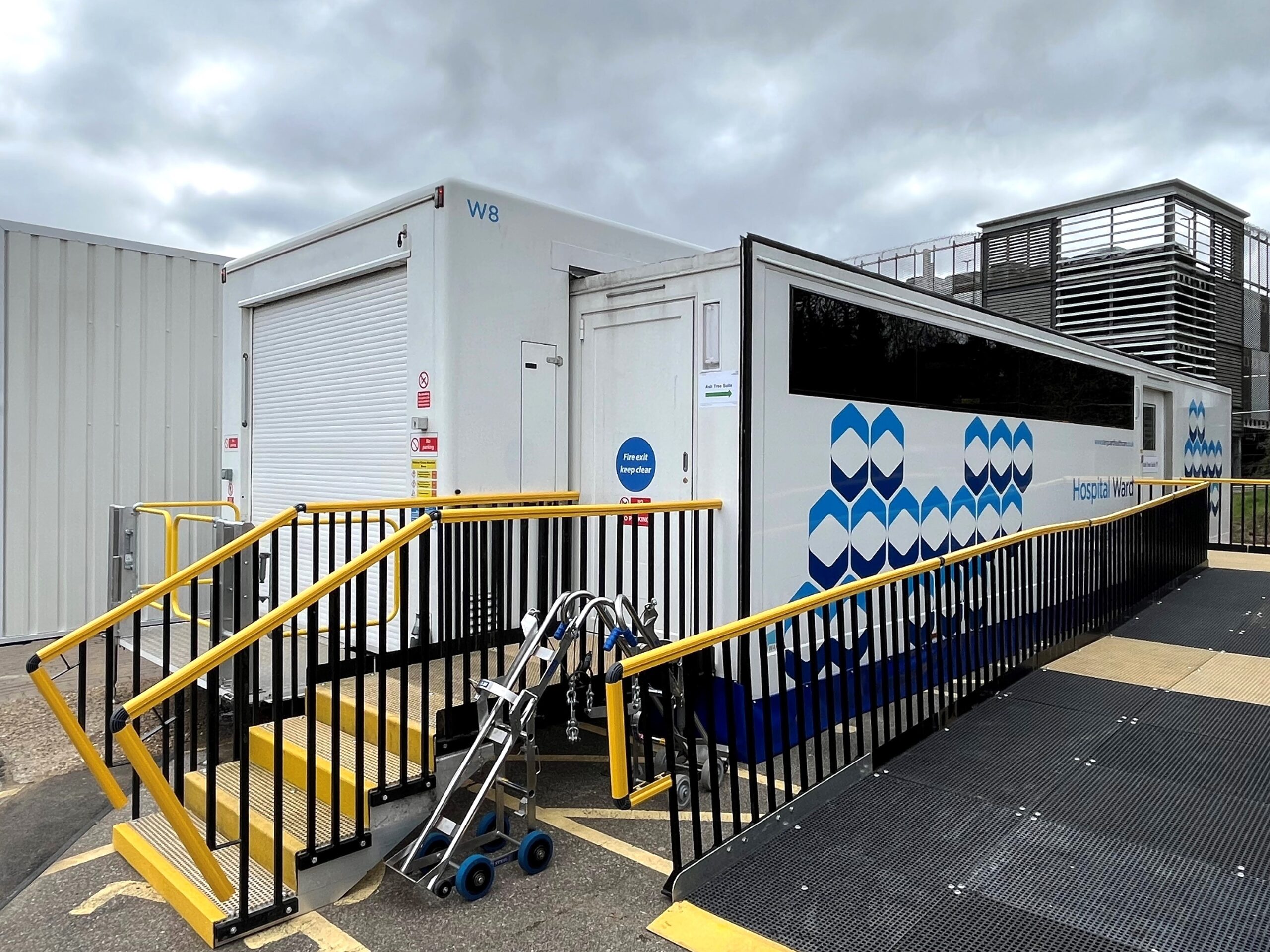A recent global study estimated that around 400,000 elective procedures may have been cancelled in Australia during the ongoing pandemic. As elective surgery is now restarting, reports in the media have suggested some hospitals are keeping operating rooms empty in preparation for a second wave, causing the backlog to increase further.
While planning ahead and retaining capacity to deal with a new outbreak is crucial, this could present a problem, as even when elective surgery is restarted, room throughput will be reduced as a result of the additional precautions required to ensure the safety of both patients and staff. These include, for example, more rigorous cleaning, social distancing of patients and staff wearing additional PPE.
By using flexible clinical infrastructure, it is possible for hospitals with limited capacity to resume surgery and start to tackle waiting lists, much earlier. A mobile or modular operating theatre , combined with a ward for patients recovering from procedures, can provide a complete, stand-alone ‘cold’ or ‘clean’ site for treating patients safely during the pandemic and can be set up within a very short space of time.
By default, such a room offers a separate entrance and exit route, and as well as anaesthetic, treatment and recovery rooms, units can also be configured to include a dedicated reception area, waiting room, staff rest areas and changing rooms.




Q-bital Healthcare Solutions
Unit 1144 Regent Court, The Square, Gloucester Business Park, Gloucester, GL3 4AD
